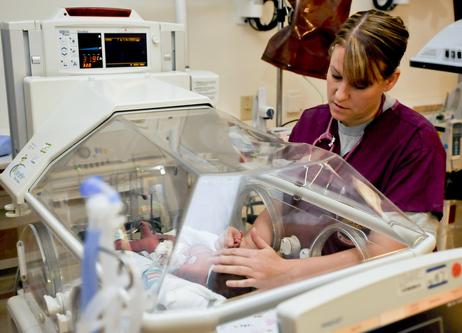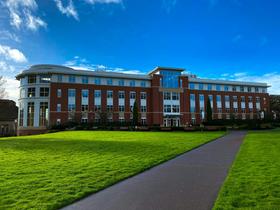After twelve or more years of traditional education, high school seniors look forward to enjoying the “college experience.” Living on campus, freedom to choose classes, and taking advantage of a wide range of extracurricular activities is what makes college such an exciting time in life. Many students choose their school as much for the program as for the on-campus experience.
Since March 7th when The University of Washington became the first large U.S. university to close due to coronavirus, many others have followed suit. According to CNBC, over 1,100 colleges and universities in the United States have closed their campuses, impacting an estimated 14 million students.
In this time of uncertainty, current college students are forced to wonder how these changes will impact the remainder of their college career and, for many, their graduation and entry into the workforce. For prospective students and parents, it raises questions about what a college education will look like in the fall of 2020 and how much it will cost.
In this article, we’ll explore the ways the coronavirus pandemic has affected United States higher education and how students, parents, and the schools themselves are reacting.
How COVID-19 Has Changed the College Experience
In the wake of the COVID-19 crisis, public schools in most states have been closed for weeks already and many have decided not to reopen this school year. College students were asked not to return from spring break or sent home if they were still on






















